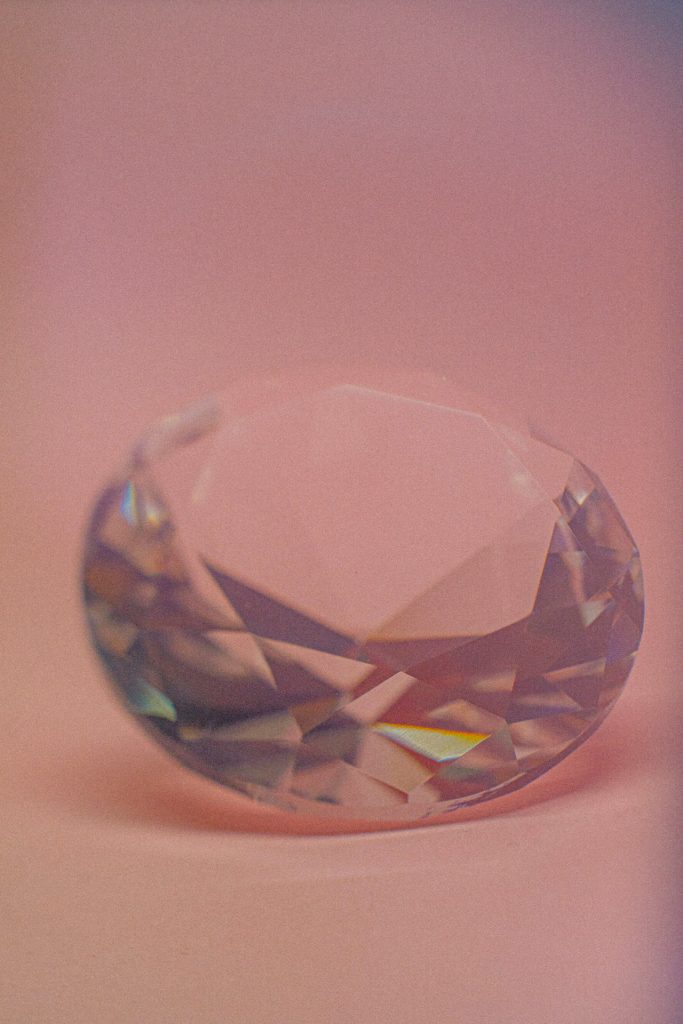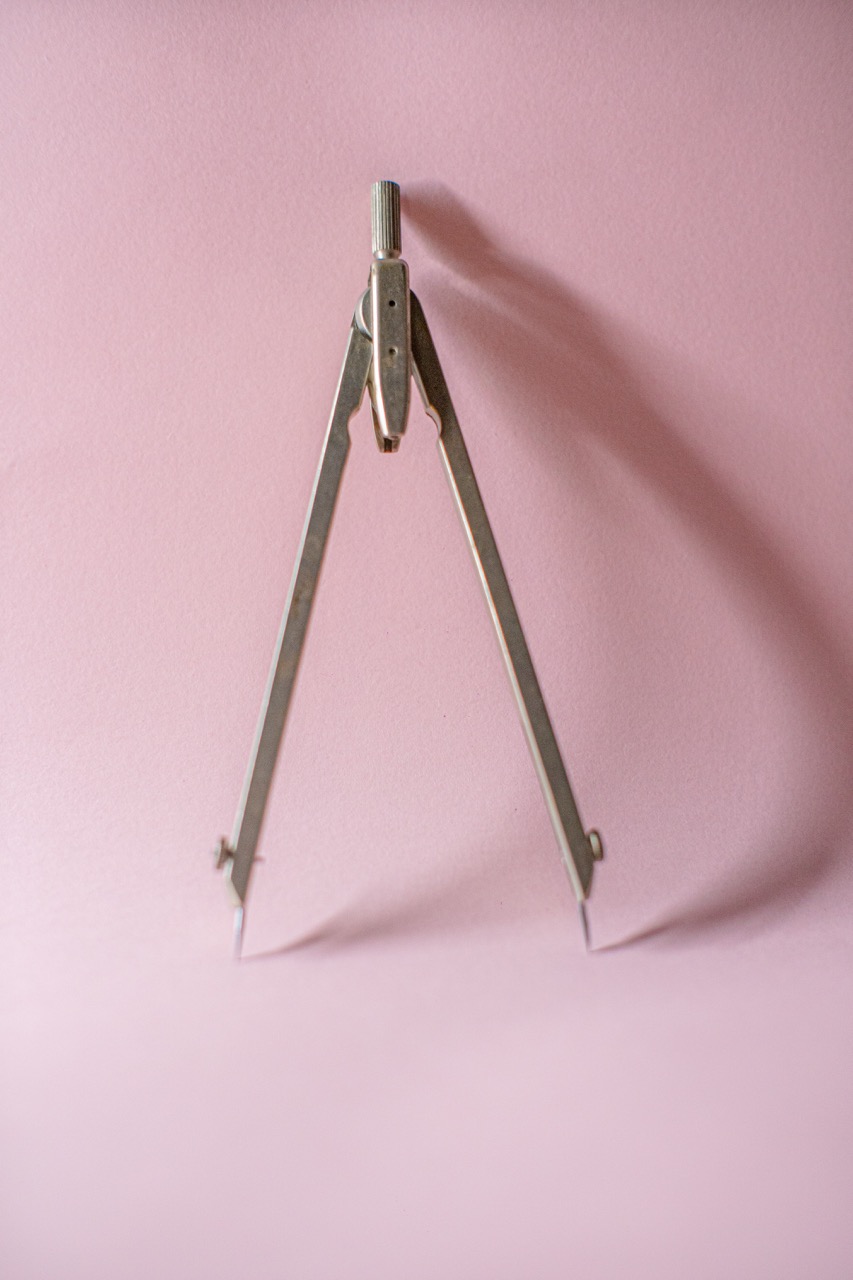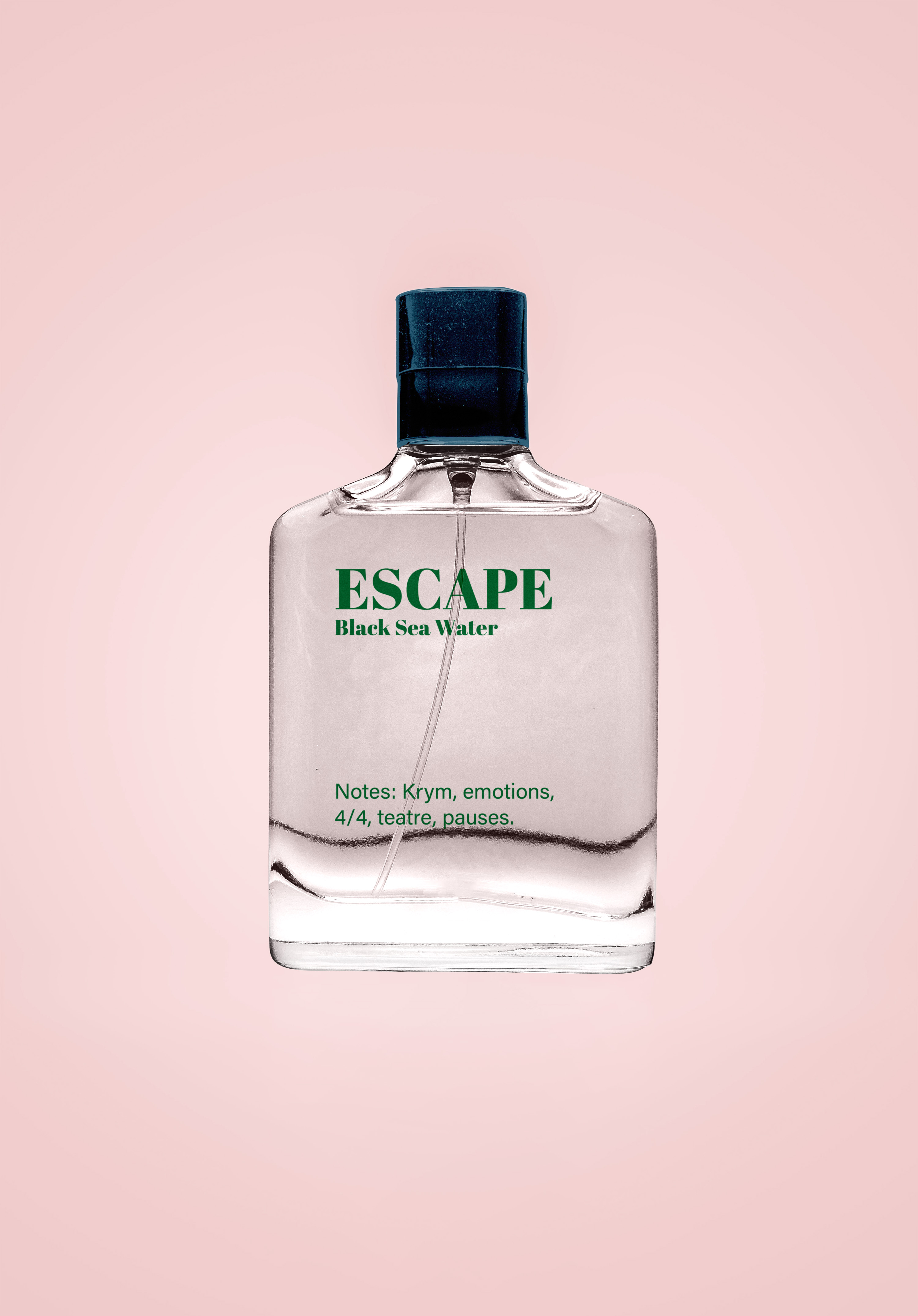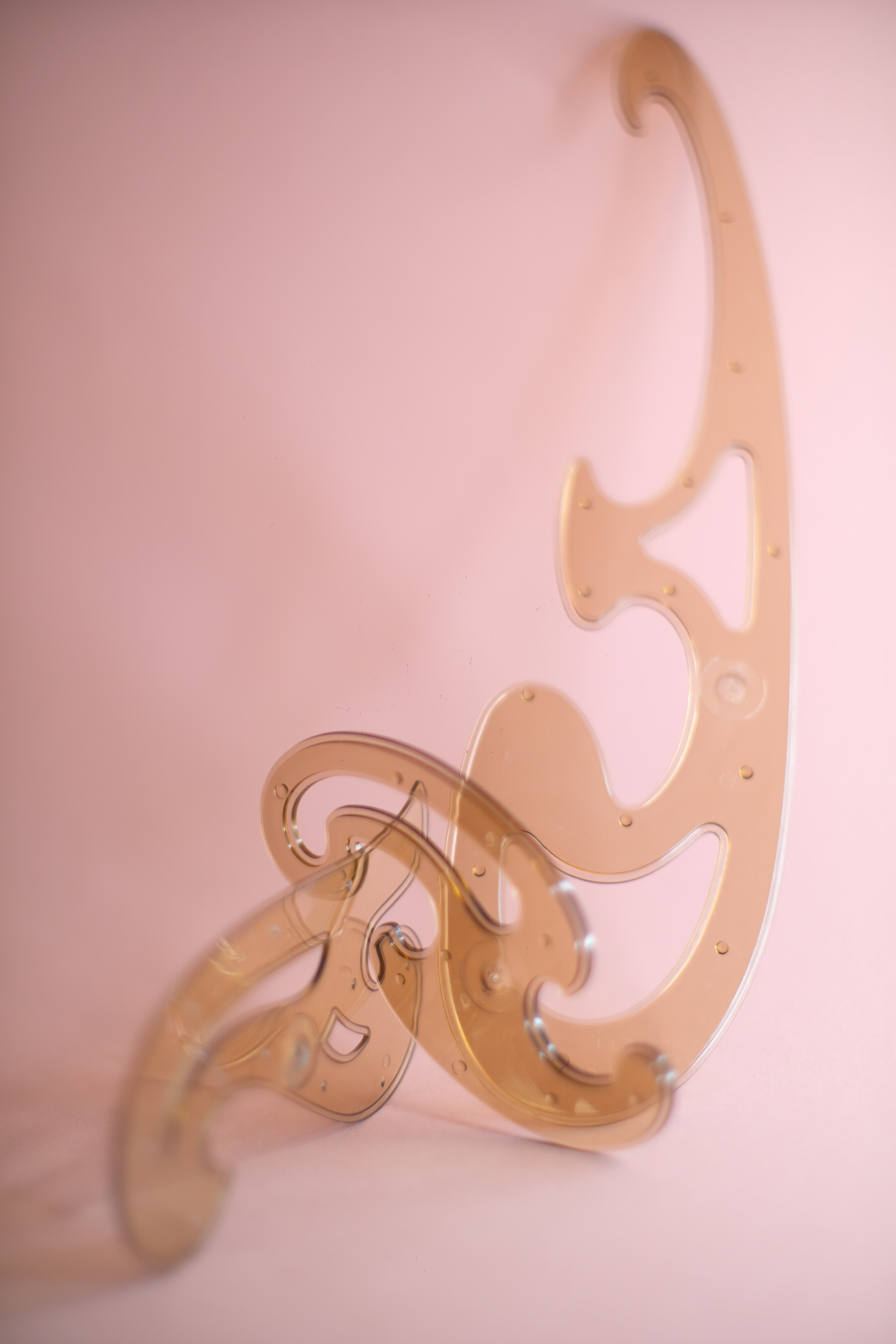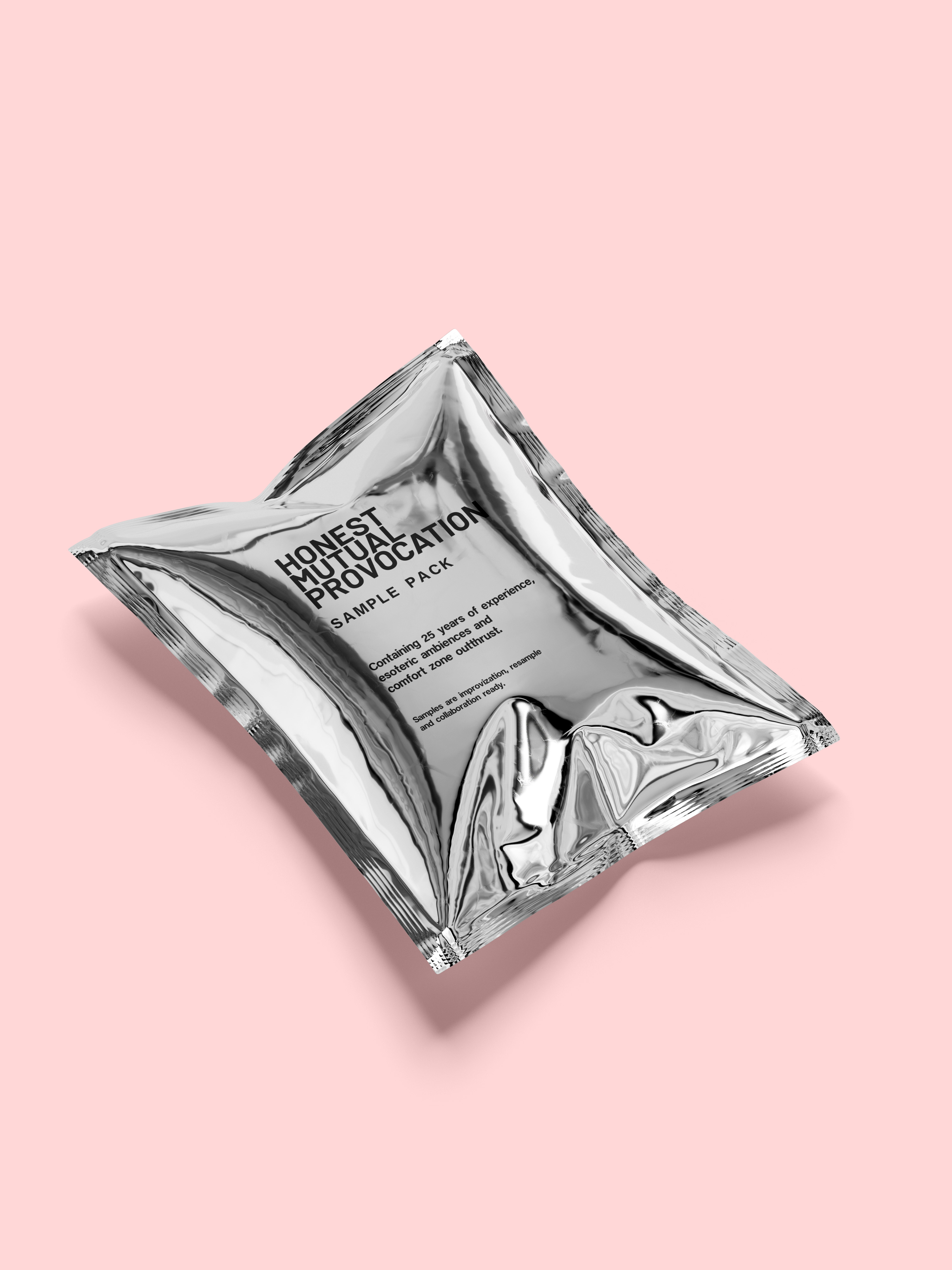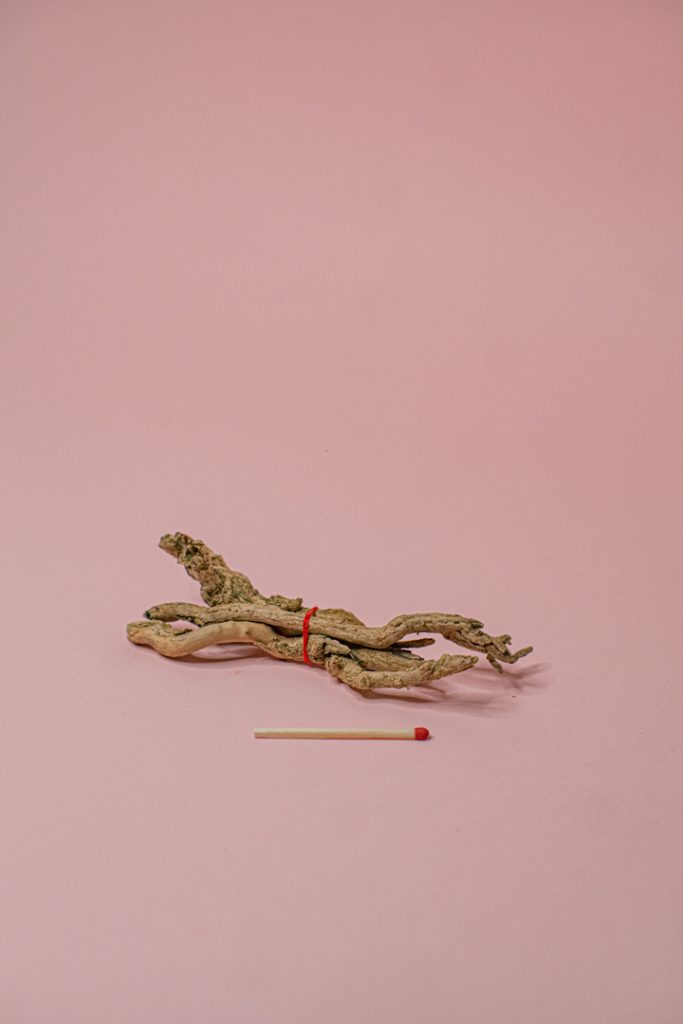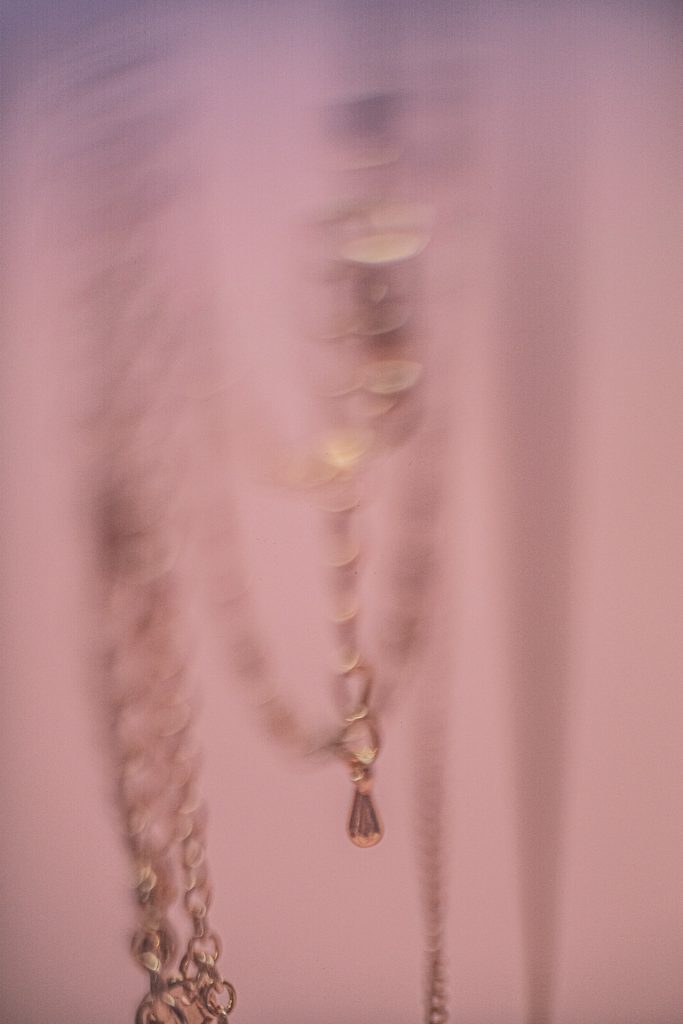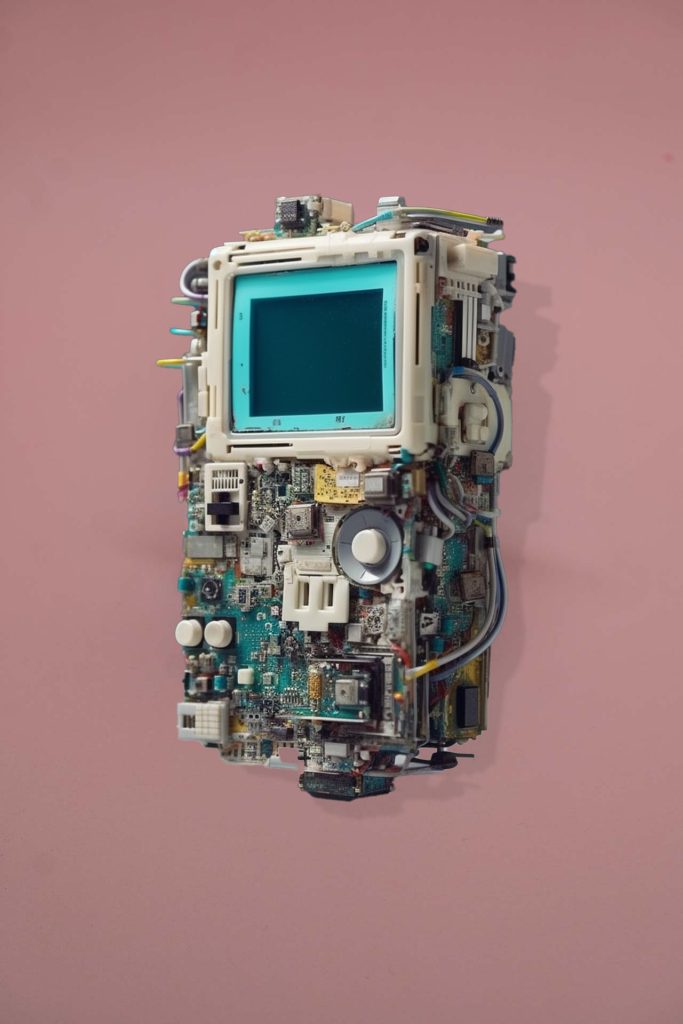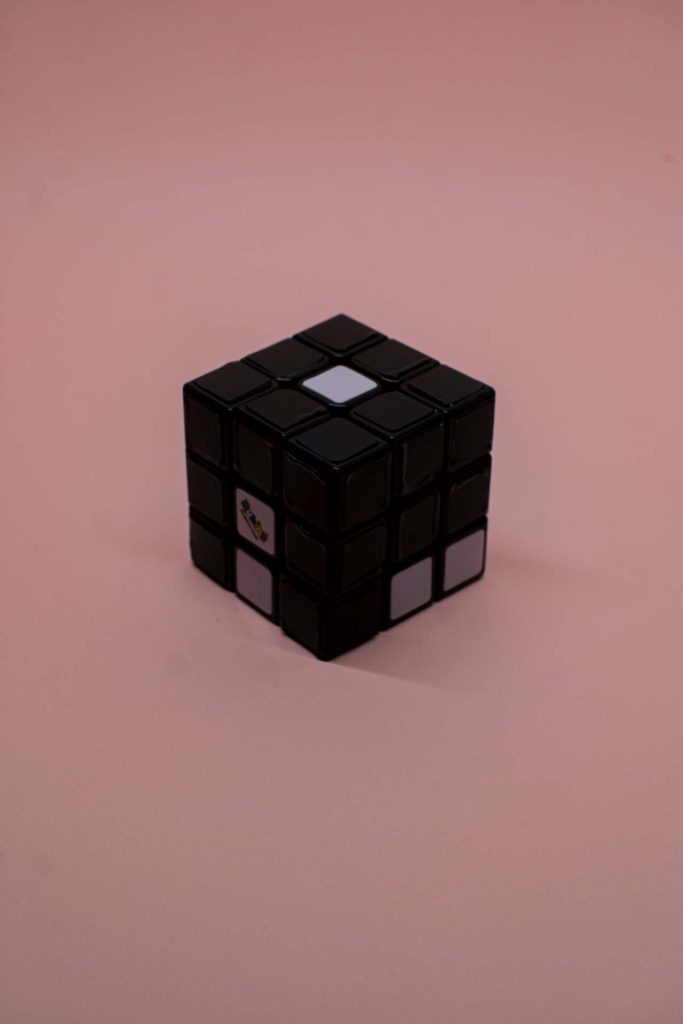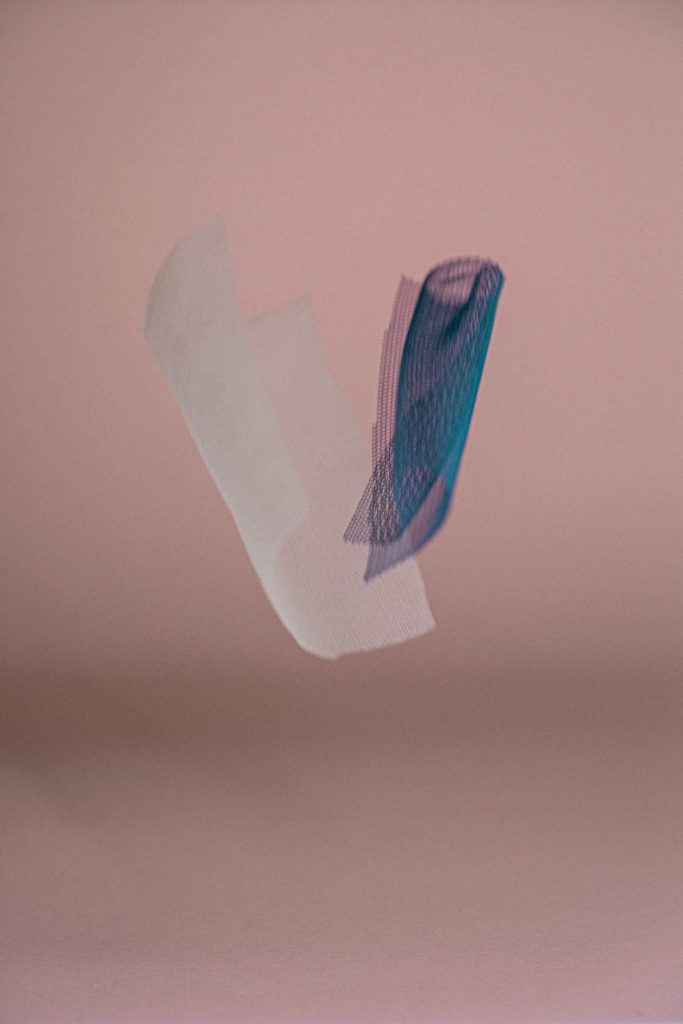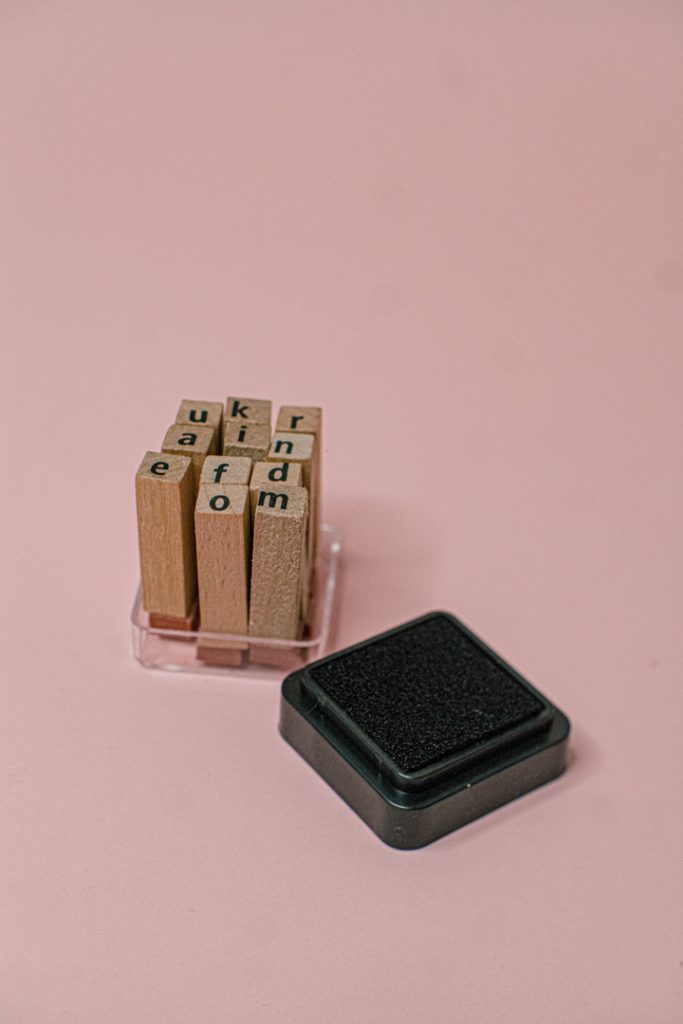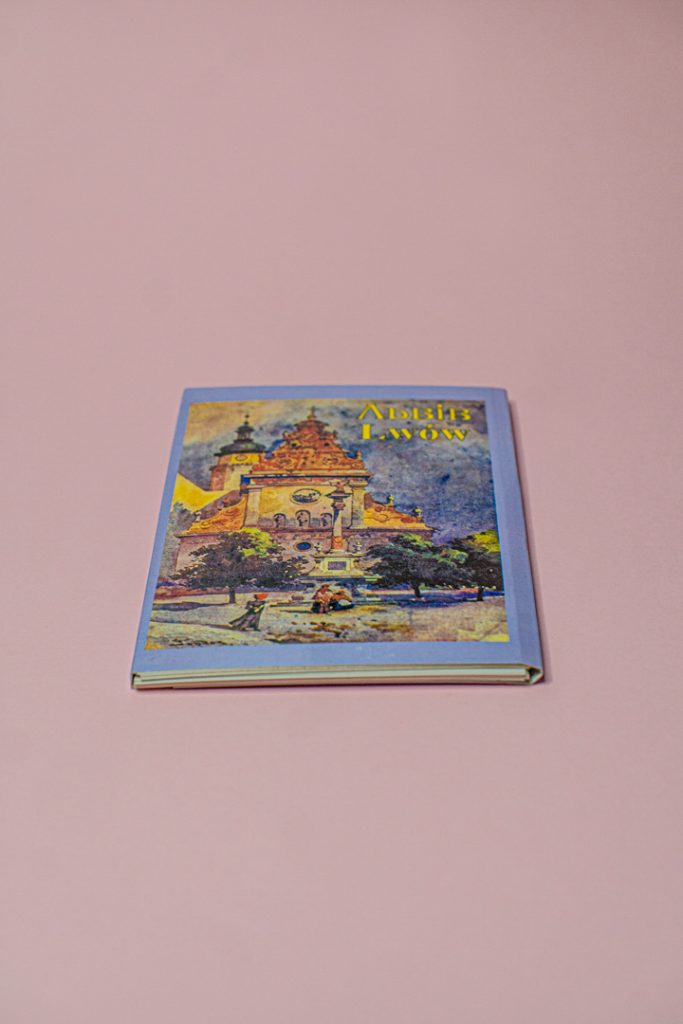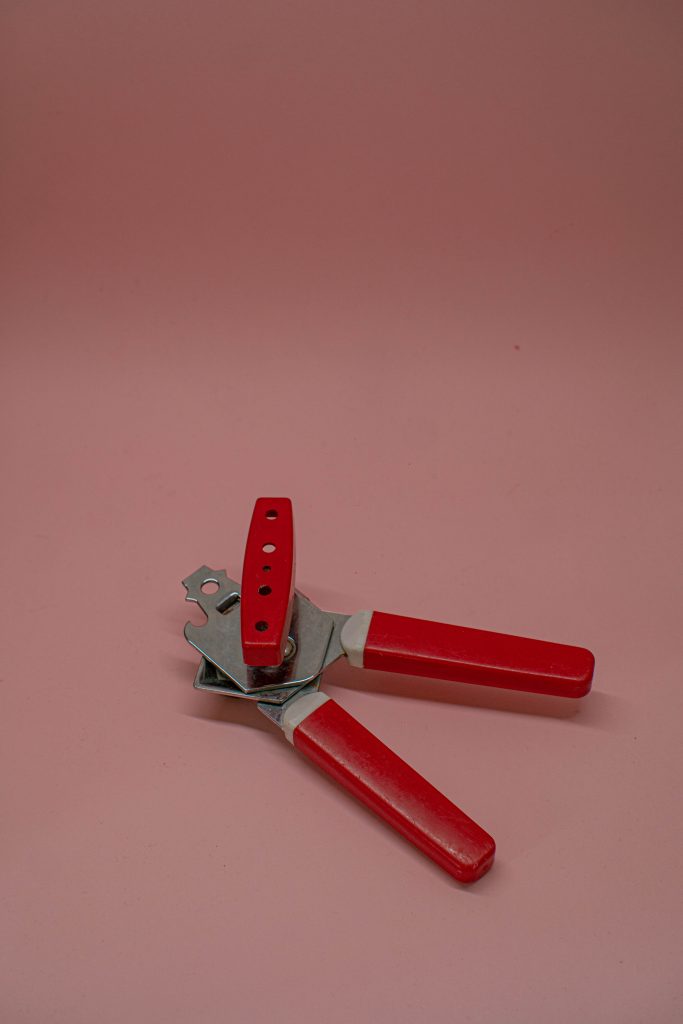
Cancelling russian culture during the war
Tchaikovsky and Chinese money
Russia’s massive attack on February 24, 2022, despite causing shock to every single person in Ukraine, almost immediately provoked a wide-ranging discussion on new cultural strategies to be adopted amidst war that had already been going on de facto for eight years at the time. Ukrainian associations, unions and organizations of various kinds published numerous appeals to international organizations to completely break off cooperation with Russia. An April statement by Ukrainian musicians – mainly lecturers and music historians from academia – called for a revision of the established narratives about the “greatness” and “unique mission” of Russian culture, and demanded a halt to all contacts with Russians, at least until the war is over. Those Russian musicians who did not stop representing their country on the international stage were required to publicly denounce it. In the same days, The Claquers published an open letter by Olena Korchova, a professor at the Ukrainian National Tchaikovsky Academy of Music, about the need to change the patron of this largest music academy in Ukraine. Korchova wrote:
(…) [In] the cultural world and the world in general, we are recognized and identified through the prism of Tchaikovsky, which means that we are seen as a part (or at least a fragment, a fraction) of the “great Russian culture”. Nay – as a younger sister of the “great” namesake – the Moscow Conservatory. At the same time, our enemy is absolutely not Tchaikovsky himself, but his image reflected in a distorted mirror, the Soviet-Putin ideological brand of the same name, attachment to which literally binds our hands, deprives us of freedom and makes us hostages of a dead tradition. I firmly believe that the Academy cannot continue to function under this brand – under conditions of war, this is unacceptable and even immoral.1
The issue of Tchaikovsky’s surname in the name of the Ukrainian National Tchaikovsky Academy of Music remains a major obstacle when it comes to the expulsion of Russian culture from Ukrainian musical life. On the one hand, for those who remain in the country during the war, on the other, for the Ukrainian diaspora, as well as for all involved observers, the issue is clear. Russian colonialism is trying to impose a “common culture” on Ukraine, as exemplified by the banner with images of Shevchenko, Gogol, Pushkin and Tolstoy on the facade of the Mariupol Drama Theater. He wants to turn the independent state into one of Russia’s regions, that is, he considers Ukraine not “different” but “the same”. That is why removing Tchaikovsky’s surname from the name of the central conservatory is a matter of national security.
However, despite students’ protests and the dismissal of some lecturers, the situation is not changing. After all, there is also a second factor – the interests of the conservatory’s administration and other stakeholders in the Ukrainian political system, linked to the partner school in China and the revenues associated with the presence of Chinese students and doctoral students. It is this economic aspect that makes the leadership of the Academy remain “deaf” to all arguments. It forces the university community to share the belief that when there is no Tchaikovsky in the name, there will be no Chinese money, and without it, there will be no budget for salaries. Thus, despite the recommendation of the Ministry of Culture and Information Policy and an intensive media campaign to change the name of the conservatory, the general assembly of the community of the Ukrainian National Tchaikovsky Academy of Music voted against any change that would upset Chinese sponsors. An open letter with signatures from a number of senior Ukrainian officials and senior members of the academic establishment soon followed, stating that Tchaikovsky was “genetically” a Ukrainian composer and that Ukraine should “reclaim” his creative legacy from Russia.2
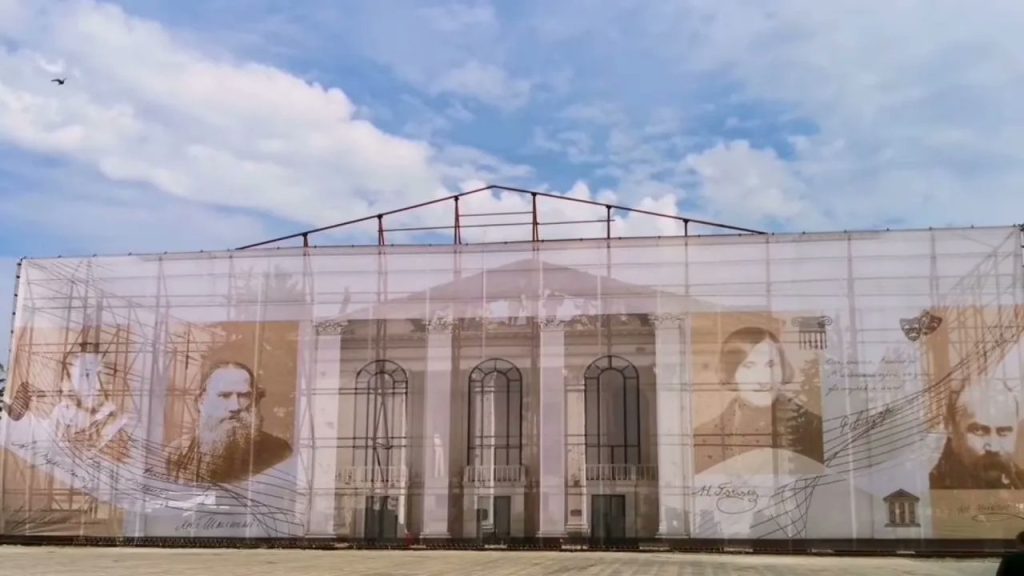
fot. Daria Badior
More space for Ukrainian music
We can insist on the statement that “there is enough room for everyone” for as long as we want, but reality shows that both human and financial resources have their limitations. At the beginning of the full-scale war, this was proven at the National Philharmonic of Ukraine, whose repertoire – despite the difficulties of long-term planning – has changed dramatically. The refusal of foreign soloists to give concerts in the city, which is subject to regular rocket attacks, has given many Ukrainian artists a chance to perform on the country’s main musical stages. Moreover, the deletion of all Russian composers without exception from the program as part of a deliberate “quarantine” has shaken the foundations of the Philharmonic’s rather conservative repertoire policy. It opened the way to the prestigious stage of the Mykola Lysenko Column Hall to fresh and bold programs featuring Ukrainian music. At many concerts, Western European classics resounded alongside new symphonic works by native composers, written after the start of the great war.
For example, for the inauguration of the 159th artistic season, on September 2, 2022, the Symphony Orchestra of the National Philharmonic conducted by Mykola Diadiura performed Beethoven’s Symphony No. 3 Eroica and a kind of symphonic prayer – Holy God by Alexander Rodin. Shortly thereafter, another Kyiv ensemble, the National Symphony Orchestra conducted by Volodymyr Sirenko, combined a performance of Jean Sibelius’ Symphony No. 2 with the Ukrainian premiere of a symphonic work Bucha. Lacrimosa by Viktoria Poleva. In turn, a program of works by contemporary Ukrainian women composers entitled Black Necklace was presented by the Kyiv Chamber Orchestra under the direction of Natalia Ponomarchuk. At the same time, the symphonic miniature Fourths by the outstanding modernist Boris Lyatoshynsky was played on the Philharmonic stage for the first time. There were several important performances of Baroque music, among which the most noteworthy was Claudio Monteverdi’s Vespers for the Blessed Virgin, presented by the Boris Lyatoshynsky Ensemble (choirmistress – Nataliia Khmilevska) in cooperation with Orchestra Cremona Antiqua (Italy, conducted by Antonio Greco).
Removal as conscious self-restraint
Among those who quit work at the Ukrainian National Tchaikovsky Academy of Music in protest earlier this year was Alla Zahaikevych, a composer who can be called the face of Ukrainian electronic music. At the conservatory, Alla founded the electroacoustic music studio, which has trained several generations of composers. She curates a number of international electroacoustic music projects (Electroacoustics, EM-VISIA), and also chairs the Ukrainian section of the International Electroacoustic Music Association. In October 2021, the premiere of her first major opera Vyshyvaniy. The King of Ukraine, with libretto by Serhiy Zhadan, took place in Kharkiv with great success. Commenting on the situation regarding the removal of Russian music, Alla Zahaikevych stressed:
Electro-acoustic projects in our country actually have little to do with Russians. I remember only one performance with a theremin in 2005, and two years later another project with a citizen of this country, but who was studying in America at the time. This means that, in essence, we hardly collaborated with the Russians. We have been in conflict with the International Confederation of Electroacoustic Music (CIME/ICEM) since the beginning of the full-scale war, and even earlier, since 2014. Unfortunately, in 2017 it took part in the Congress of the Society for Theory of Music on the occasion of the 100th anniversary of the October Revolution – we, of course, refused to participate. Now members of the CIME/ICEM Council are attending concerts in Moscow and St. Petersburg and are not responding to our demands to stop cooperation. They explain that they want to support their Russian colleagues, who are having a very hard time…. My stance is a complete refusal to cooperate with all Russians, even those who have lived in two or three countries at once for 20 years. Therefore, I was very saddened by the opinion of Leonid Hrabovsky, who recently took part in a festival organized by Russians: “I have never encountered such attentiveness from Ukrainians”. Painful…3
Karmella Tsepkolenko, a composer from Odessa, is active in various musical genres and teaches composition at the Odessa Music Academy. However, she remains best known for being the founder and artistic director of the Two Days and Two Nights of New Music festival, with an exceptionally interesting formula and programs. When asked about the possibility of working with Russian composers or performers, Karmella Tsepkolenko answered extremely clearly:
In wartime, Russian culture becomes, as it were, a personification of the enemy. Therefore, the performance of music by Russian composers at the Two Days and Two Nights of New Music festival is excluded. I also forbid Russian artists from playing my music, no matter where they live. I forbid foreign performers to add my works to the program if Russian music is played there. The war unleashed by the Russian Federation has moved us and Russian culture to different poles. It has shown that in the mass Russian consciousness, hatred of everything Ukrainian has taken on monstrous forms. This hatred extended to all layers of society there, especially the intelligentsia: people of the arts, scientists, artists, priests. This is a war between two peoples – Ukrainians and Russians, a war between two historically formed communities of people, “collective bodies” and “collective souls”. During the war, Ukrainian society united and rejected everything associated with the enemy, its language and culture. This distancing is growing every day: during brutal bombings, terrorist acts by the Russian army, looting, plundering and violence, the increasing nuclear threat from the Russians. As a Ukrainian composer, I belong to the Ukrainian people and obey all the laws of war – I reject everything that belongs to the enemy’s culture. All the relations I had before with Russian friends, colleagues, relatives – everything disappeared with the beginning of the war, evaporated. The only exceptions are those who condemn the war and Putin’s regime.4
The European context of the Russian problem
Since the beginning of the full-scale Russian invasion, many Ukrainian musicians have gone to the West. Thanks to a permanent presence in European cities or regular tours, our music has become more visible and recognizable, programs with it are formed by well-known musical institutions and ensembles. Even against this background, however, the activities of the Kyiv Contemporary Music Days team seem exceptional in their importance and scale. In December 2022, the KCMD festival published a statement On the Role of Culture in Wartime. As I write this, the Kyiv Contemporary Music Days festival in Berlin – a series of concerts in which Ukrainian artists collaborate with German ensembles – is currently underway. When asked what Western society and music institutions think about the cancelling of Russian culture as a tool of resistance, KCMD project manager Les Vynohradov responds as follows:
In my opinion, the main problem remains that most institutions in the West are still not ready to see Ukrainians as equals. As a rule, Russians are treated as experts, capable of driving complex narratives, while Ukrainians are usually assigned the role of victims who, above that, have nothing special to offer. This is why so many music clubs in Europe still consider it appropriate to play Russian music, even if they want to support Ukraine – just because Russian music is part of the unquestioned canon. For the same reason, when a major Western institution wants to perform a Ukrainian piece, they may not care about its artistic quality. They include it in the program simply as a sign of support, and some organizers have no idea at all whether Ukraine has ever “released” anything of value (and they don’t care to such an extent that they make no effort to check).
Because of this epistemic injustice, Russian voices always carry more weight in Western discourse than Ukrainian ones. And it doesn’t matter whether these voices are anti-Putin or not. This is why we believe that Russians who really care about Ukraine should step aside and, at least until the end of the war, give the field to Ukrainian voices. For the same reason, after February 24, 2022, we decided not to cooperate with Russian musicians, because no matter how good their intentions may be, they will divert attention from Ukrainians, who have been invisible for decades, and this invisibility has cost us many human lives. We also decided not to perform Russian music, because the canons need to be constantly challenged to include lesser-known cultures without an imperial past in the discourse.(As above.))
One of the most interesting informal initiatives in the realm of Ukrainian classical music is Kyiv’s Gulfstream Festival, which took place this spring after a three-year hiatus caused by the coronavirus pandemic and war. It is an authorial festival by cellist and composer Zoltan Almashi, who invites his closest colleagues and friends to play as part of it, and arranges the program from the music he loves. Festival concerts are usually held at the headquarters of the National Union of Composers of Ukraine, and the hall is generally completely filled with audience. Responding to the question of whether his attitude toward Russian music and the possibility of working with Russian musicians has changed, Zoltan tries to take into account all the complicated aspects of the issue:
Yes, Russian music was previously performed on the Gulfstream, mainly at the first concerts of 2013. These included Sergej Newsky, Dmitri Kourliandski and composers contributing to the then-popular classic-online.ru website. Russian composers performed sporadically even after 2014. Classics were also performed, Tchaikovsky was played quite often. In general, it was like this: there was a taboo on performing our music in Russia, it was more about trips there, but here Russian music continued to sound. After the invasion, the taboo regarding Russian music became total. The music of even those Russians who sympathize with us and correctly assess the situation will not be performed on the Gulfstream. I think the taboo regarding Russian music and Russian artists at the festival will exist forever – at least that is my position.
As far as global expurgation is concerned, I see the following situation: the most successful Ukrainian musicians living abroad still perform Russian classics from time to time. And I am far from thinking that they should be severely condemned. Let me explain why: the more successful a musician is, the less freedom they have, they are very dependent on their impresarios and contractual obligations. And Western impresarios are not going to give up on Russian classics, because undeniably, many real masterpieces, cherished by the public, were created there. So sometimes our artists compromise, simultaneously popularizing Ukrainian music at a high level. It’s a difficult situation, and I think it’s important to at least refrain from the temptation of public bullying.
The person of a particular composer is also important. It is worth remembering, for example, that Rachmaninoff’s exiled ancestors of modern “orks” defecated in piano. It is a different matter when Ukrainian composers and performers take part in concerts “for peace” together with Russians with bad reputations. This deserves, in my opinion, severe condemnation, such as the participation of Viktoria Poleva and Alexander Shchetynsky in one concert together with the aggressive Ukrainianophobe Anton Safronov. So, personally, I am in favor of ruthless and complete removal, but I insist that with regard to our colleagues, each situation should be considered individually.5
All the musicians I contacted for comment immediately gave exhaustive answers to difficult questions, which proves that no one in Ukraine is indifferent to the topic of removing Russian culture, and that the situation forces us to revise these post-colonial phenomena that were accepted as “natural” until the beginning of the Russian-Ukrainian war.
Homework
Recognizing the peculiar, political nature of alienating Russian music and musicians in Ukraine, observers call this a modern form of boycott that will not last forever. It is clear that it has become a natural reaction of Ukrainian society to Russian missiles falling everywhere, mass murders and the destruction of Ukrainian cultural heritage. All this has brought Ukrainian society to the clear realization that modern Russia is an imperial state, and that Ukrainian-Russian relations are still post-colonial.
Ukraine has recognized the eradication of Russian culture as a law of war time – along with the blocking of Russian Internet resources, the banning of Russian social networks or email with Russian domains. With somewhat less success, Ukraine has been trying to convey to other countries the demand to stop cooperating with Russian state institutions, or at least to revise the narrative about “great Russian culture” and its “apolitical nature”. And it’s utterly difficult to talk about real, deep discussions on the rethinking of Russian cultural heritage in Ukrainian society, there simply isn’t enough strength for that right now.
Of course, one day we will have to answer the question of what to do with Igor Stravinsky, Sergei Rachmaninoff and other Russian émigrés. And in what format is it possible to cooperate with contemporary Russian composers: Sergej Newski, Dmitri Kourliandski, Sergey Khismatov and others? They finally left for the West in 2022 or even earlier, condemned Russian aggression, and were important participants in the Ukrainian alternative scene in the first decade of the 21st century. What can and cannot we demand from well-known Ukrainian musicians who are active in the West, popularizing Ukrainian music, and at the same time are not ready to completely give up performing Russian classics or participating in projects side by side with Russians? These are probably the main questions on a list that could be extended.
Ukraine must expand its own cultural field, constantly and persistently work on it, gain its own subjectivity anew. The deletion of Russian culture will not last forever, and if Ukraine itself does not work on its own cultural area, does not set the rules of the game in it and take responsibility for it, someone else will do it again.
Translation: Natalia Glinka-Hebel
Text commissioned by „Positionen” magazine as part of the Ukrainian Corridors project
Olena Korchova, Vidkytryi list do kolektivu Natsionalnoy Muzichnoy Akademii Ukraini, “The Claquers”, 07.04.2023. ↩
Tchaikovsky does indeed have Ukrainian roots, but that doesn’t make the “genetic” open letter any less absurd – Oleksandr Ostrovsky and Oleksandr Ohrimenko wrote in detail about this and Tchaikovsky as a tool of Russian propaganda in their article Strasti za Petrom. Do temi Tchaikovskiy i Ukraina (The Passion for Peter. On Tchaikovsky and Ukraine, “The Claquers” 08.03.2023. ↩
Private email to the author. ↩
As above. ↩
As above. ↩
